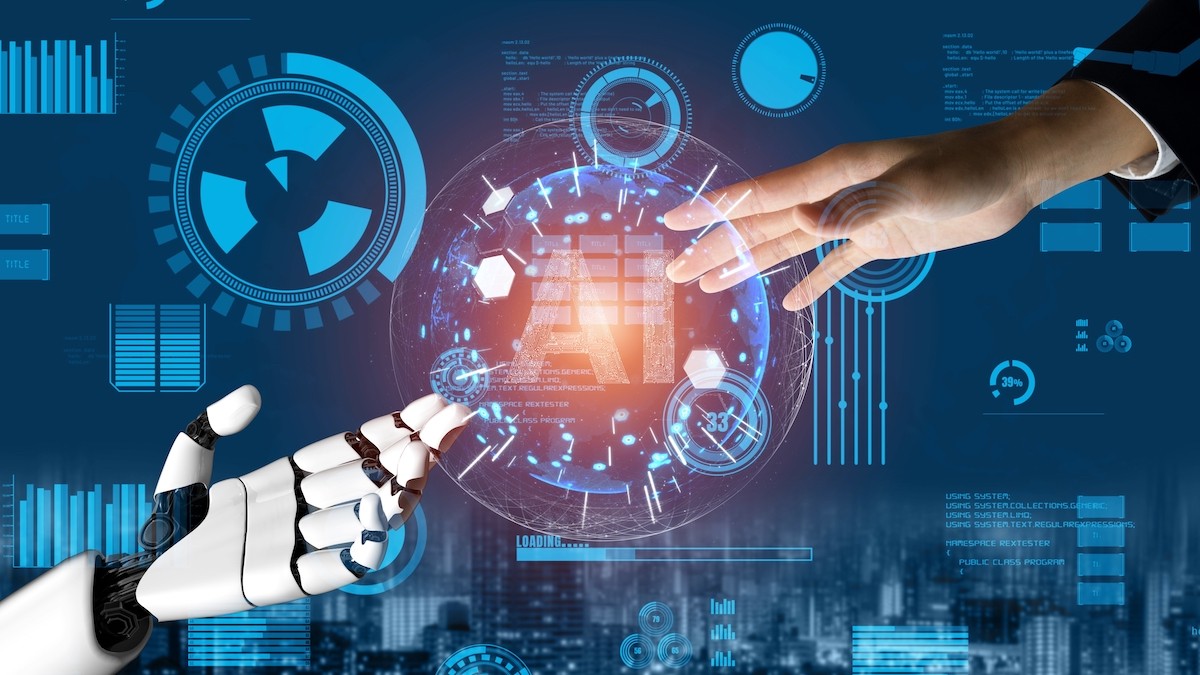While everyone in the world is trying to catch up with technology at breakneck speed, certain industries have been significantly more impacted than others.
This blog highlights how different technologies have revolutionized basic industries in not just the way things are done but also in interactions with consumers as well. We’ll look at the major changes and advancements that have taken place in areas such as accounting, biotechnology, health, manufacturing, eCommerce, and environmental management.
Every sector has its own story of how the development of technology ushered in novel dimensions of efficiency, accessibility, and innovation. So let’s dive into the following changes and understand how timelessly—and still presently—technology has been reshaping our world.

Accounting Industry
One of the instances where software innovations have entirely overhauled the entire landscape is in the accounting industry. Such pieces of technology that fit under this description are the accounting software tools. Robust solutions like accounting software help automate all sorts of financial workflows, right from invoice management up to the expense tracking level.
The impact is huge since it not only saves time and reduces errors but also helps in having real-time visibility towards aspects related to finance, in turn acting as an enhancer of decision-making abilities. This advancement in accounting technology simplifies complex financial management, making it more acceptable and efficient for business operations.
Biotechnology
The current development of sophisticated tools and technologies has fueled rapid growth in the biotechnology sector. These innovations have helped in the areas of drug development, genetic research, and personalized medicine. Some of the significant breakthroughs made include the development of single-cell seeders.
As an innovative tool, the single cell seeder allows researchers to accurately isolate and dispense individual cells. This activity is crucial in many research applications that range from cell line development to single-cell genomics. Single-cell seeders can analyze individual cells and sort them according to specific criteria. This increases the precision and efficiency of experiments strongly requiring single-cell analysis.
This becomes of great importance in studies where a precise understanding of the behavior of an individual cell is at stake, such as cancer research, stem cell research, and immunology. Such technologies have been fast-tracking the research in biotechnology, enabling quicker and more efficient drug discovery processes by permitting precise manipulation of single cells and opening up novel prospects for personalized medicine. This way, therapies can be highly targeted by incorporating the exact genetic structure of an individual.
The appreciation of these cutting-edge biotechnological tools indicates a tremendous leap in our comprehension and handling of biological systems at their most basic level. This helps promote new scientific exploration and even opens doors for very precise therapeutic maneuvering in the not-so-distant future.
Medical Sector
The most far-reaching effects of technology are realized in the medical sector. Artificial intelligence (AI) is changing how healthcare professionals diagnose and manage diseases across the globe. In fact, an astounding 85% of healthcare executives now have an AI strategy in place, with almost half of those already making use of the technology. This AI adoption is revolutionizing patient treatment, better diagnostics, and more effective disease management to achieve better patient outcomes.
Manufacturing and Production
The manufacturing and production industry is a sector that technology is revolutionizing drastically due to automation, 3D printing, and the Internet of Things (IoT). These have led to complete revolutions in production processes, such as product customization and increased efficiency. Effective supply chain management has also seen better tracking and management of resources. Manufacturing today can respond quicker to the demand of the market and, hence, lower its production costs accordingly.
Retail and eCommerce
In retail and eCommerce, technology has had a huge impact. AI-powered customer service and virtual reality (VR) experiences have fundamentally revolutionized how consumers interact with brands and products. These changes lead to changing consumer behavior and improved marketing strategies, therefore creating a better and more personalized shopping experience. This has also extended the market reach of retailers, as now, with online shopping, people throughout the world have convenience and access.
Environmental Management and Sustainability
Technology plays a significant role in the management of the environment and its sustainability. The new technologies of renewable energy, waste management, and industries help alleviate many environmental problems. Technology not only promotes sustainable practices but also helps make the environment cleaner and more sustainable.

Conclusion
As we successively witness technological evolutions, it’s clearer that the future of each industry will be defined and molded by continuous technological development. Such changes would not only enhance operational excellence and the experience of the customer but also set up solid grounds to address some of the most pressing problems in the world.
Embracing these innovations will be core to the efforts of facilitating growth, creativity, and sustainability at large. A journey through the expansive world of technology in diverse sectors is an exemplification of human inventiveness and a preview of a world that is more connected, resourceful, and sustainable. Let’s embrace this journey with open arms and minds, ready to discover what the future of technology holds for us all.

Leave a Reply